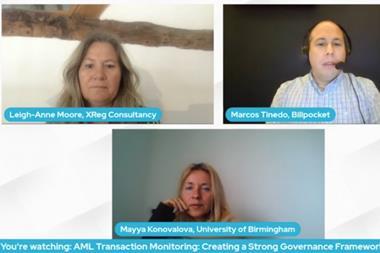The group used ‘missing traders’ in Hungary and Croatia to violate VAT rules on cross-border transactions. Using fictitious contracts, the ‘missing traders’ were commissioned to perform services, which they did not have the necessary means to perform, said Europol. They were found to have no employees, equipment or premises.
As part of the scheme, the beneficiary companies received fictitious invoices and transferred funds to the ‘missing traders’ on a monthly basis.
The criminal proceeds were then withdrawn and returned in cash to the representatives of the company initiating the transfer.
Europol said use of these ‘invoice mills’ techniques to avoid VAT or fraudulently claim VAT repayments, is “increasingly common” in the European Union.
More than 300 financial investigators and police officers took part in raids last month in Hungary and Croatia, Europol said.
A total of 100 searches were carried out with nine suspects arrested, including the leader of the criminal group and his two associates. Several bank accounts frozen; cash and properties with a total value of €4.16 million seized.
Register for the latest financial crime news and analysis straight to your inbox




























No comments yet